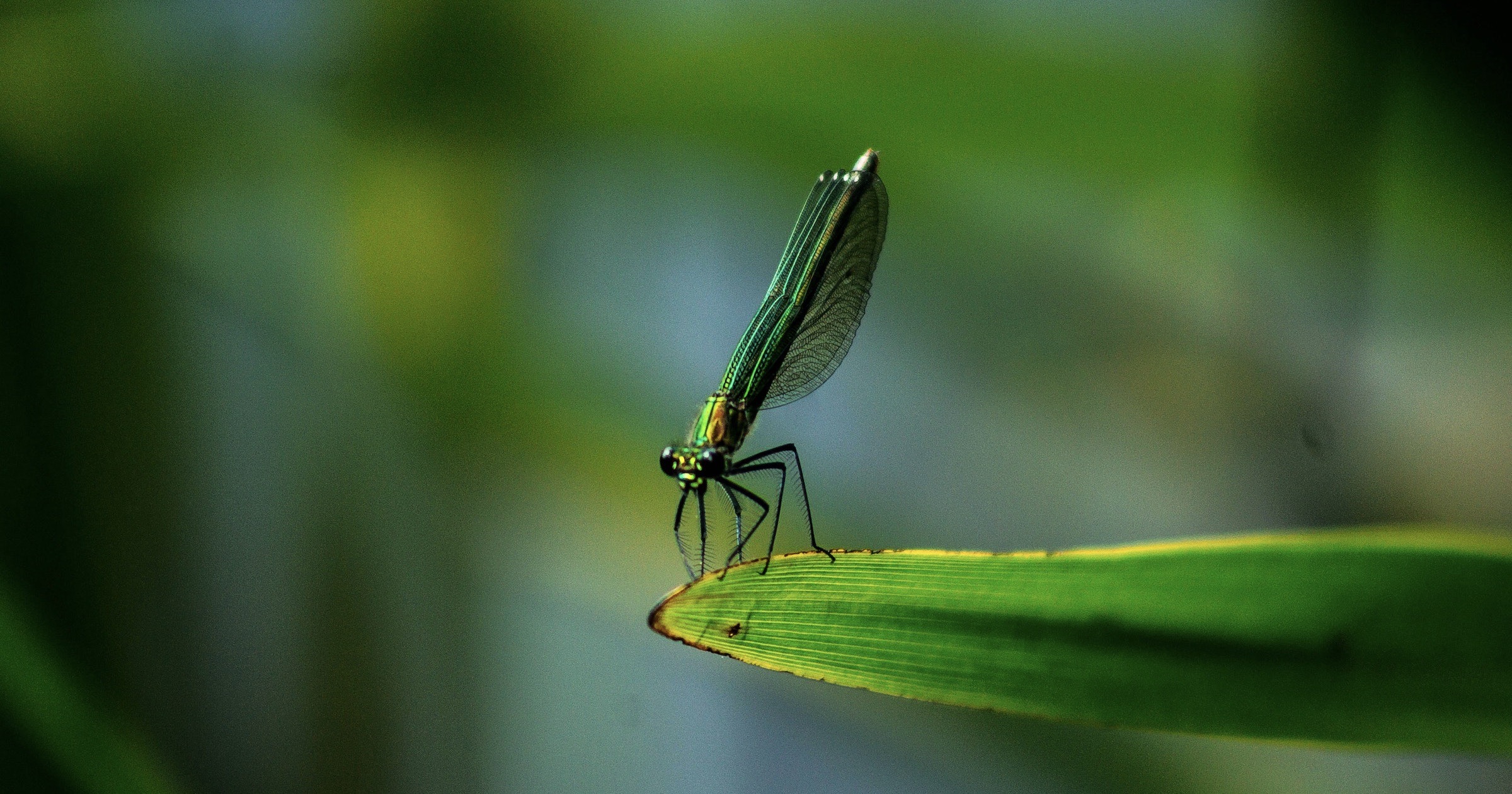 Intelligent Design
Intelligent Design
 Physics, Earth & Space
Physics, Earth & Space
Is Fine-Tuning “More Extreme” in Biology or Cosmology?

In a BreakPoint commentary, John Stonestreet takes note of the recent Journal of Theoretical Biology article — “Using statistical methods to model the fine-tuning of molecular machines and systems” — that caused much consternation among the journal’s own editors. They were panicked enough by what they had done that they issued a disclaimer along with a limp rebuttal seeking to counter the argument they themselves had published. Those are unusual moves by a biology journal! We have guessed that together they were an anxious CYA gesture, prompted by implicit threats from Darwinist censors that the trio of editors would be tarred as disloyal to the gods of materialism, a career-endangering reputation to have.
Stonestreet raises an interesting question. From “Intelligent Design Passes Peer Review”:
Something in biology can be described as “fine-tuned,” [authors Thorvaldsen and Hössjer] say, if it is “unlikely to have occurred by chance” and if it conforms to “an independent or detached specification.”
As an article over at Evolution News points out, this is nothing other than what ID theorist William Dembski has called “specified complexity.” In fact, the authors of the paper published in the Journal of Theoretical Biology even cite Dembski by name. As if that weren’t risky enough, they also invoke biochemist Michael Behe’s concept of “irreducible complexity” as a measure of the fine-tuning in life, credit him by name, and mention other Intelligent Design notables Douglas Axe and Stephen Meyer.
These Scandinavian scientists offer, for the first time, a statistical framework for determining whether certain features in living things are fine-tuned or were “evolve-able.” Using this method, they demonstrate how functional proteins, cellular networks, and the biochemical machines found in cells exhibit evidence of “design.”
“Fine-tuning,” the authors say, “is a clear feature of biological systems. Indeed, fine-tuning is even more extreme in biological systems than in inorganic systems.” And, in a shot over establishment’s bow, they say bluntly: “It is detectable within the realm of scientific methodology.”
“Inherently More Complicated”
It’s actually the authors of the journal article who say this, but I had not really thought about it until I read Stonestreet’s comments: “Indeed,” they write, “fine-tuning is even more extreme in biological systems than in inorganic systems.” They justify this by saying, “Biology is inherently more complicated than the large-scale universe and so fine-tuning is even more a feature.” Does that really follow? Comparing fine-tuning — in biology versus cosmology, in physics and chemistry — is not something that I can recall having seen an intelligent design scientist do before.
It’s provocative on the part of these authors, Steinar Thorvaldsen and Ola Hössjer, to say that fine-tuning is more impressive in biology. Michael Denton, including his new book The Miracle of the Cell, explores intricately tuned and coordinated aspects of nature that allow biology — the properties of water, for example — but that are not themselves biological. I wonder how he would answer.
Stephen Meyer writes about biology and cosmology in his upcoming book, Return of the God Hypothesis. He concludes that the former points to intelligent design but only the latter goes beyond that, driving an inference to a transcendent creator. That’s a comparison of a kind, but it’s not exactly the question I’m asking. I throw it out there for your consideration.
For more on the article from the Journal of Theoretical Biology, see also, “Intelligent Design’s Yellow Star: Journal’s Disclaimer Refutes a Common Criticism of ID.”
